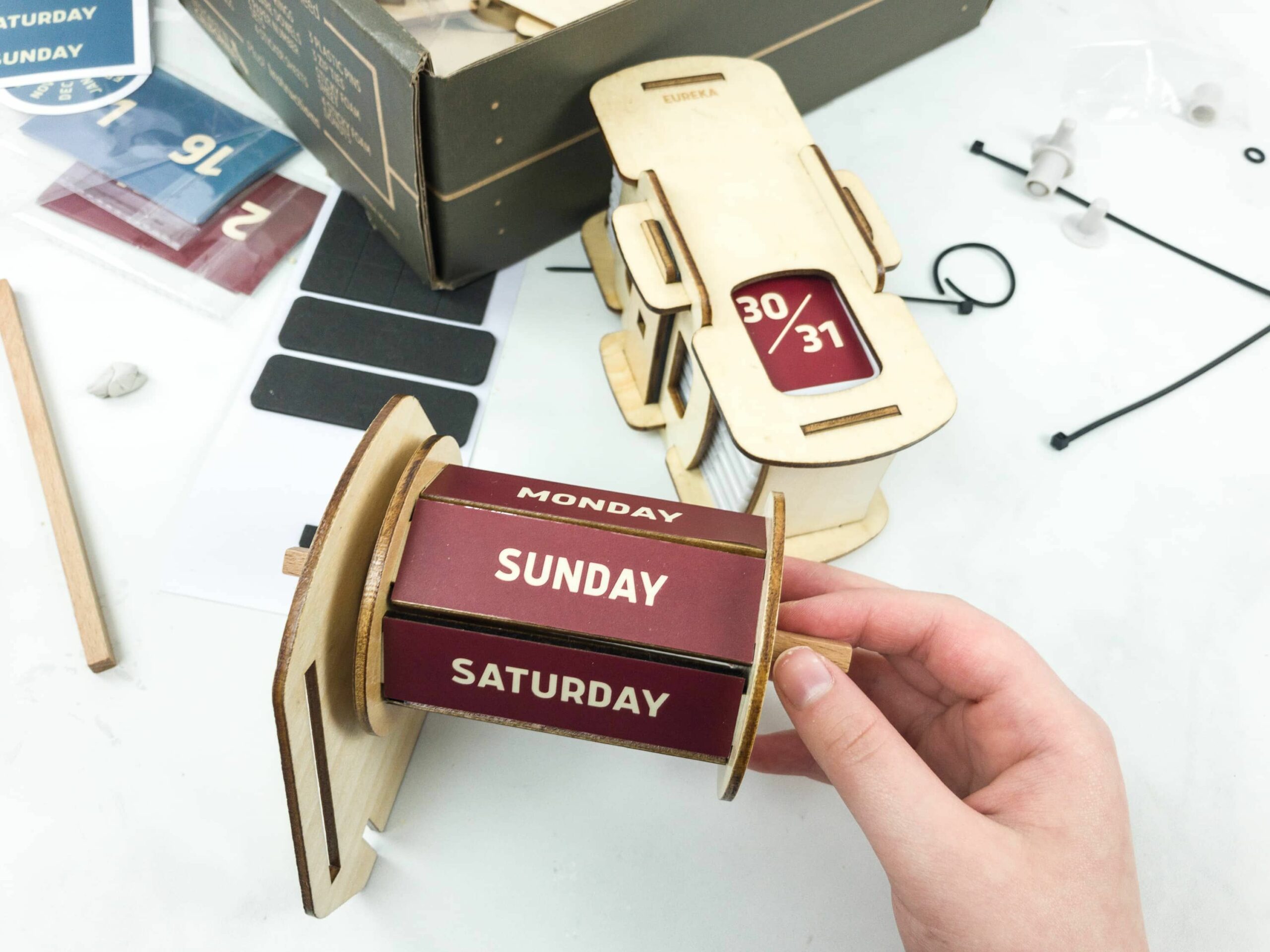Give InKind is proud to feature Sarah Dillingham. If you are dealing with chronic hand pain, please check out our helpful directory on the Grace & Able website and join us over in the Living with Hand Pain community.
Living with a chronic illness is challenging. Chronic illnesses are often misunderstood. Unwanted advice and comments can be hurtful, even when they are well-intentioned.
If you have a friend or family member with a chronic illness, here are some phrases you may want to avoid.
- “You don’t look sick."
What does sick look like?
Is it someone in bed with the flu?
Or someone hobbling around in a plaster cast with a broken leg?
What happens when you don’t fit into one of those boxes?
We all know what to do and say when someone has an injury or an illness that they are going to recover from.
But chronic illness conditions are different. People are not going to recover. They may have periods of remission and flares where the severity of their symptoms vary.
Invisible illnesses are not always obvious to the untrained eye – which is why they are often called invisible illnesses.
When you only see someone out and about on a ‘good’ day, it’s easy to assume that they are 100% healthy. You don’t see the level of effort it takes to get out of the house.
You might think that ‘You don’t look sick’ is a compliment.
But it can also imply faking.
The irony is that people with chronic illnesses are often faking being well.
- “Have you tried….?”
Yes, I’ve tried yoga. And turmeric. And paleo. And acupuncture, osteopathy, copper bangles and cherry juice.
I’d sit in a bathtub of beans if I thought it would fix my rheumatoid disease (it doesn’t by the way, so don’t try it at home).
Often this advice is very well-meant. When someone makes a suggestion I’ll assume positive intent. I’ll reply ‘Thanks I’ll look into it’.
Things become awkward when someone won’t let it go (‘ah yes but did you *really* do keto?’).
Sometimes there is a strong implication that I’m lazy or actively choosing to be unwell.
Unless you have access to somebody’s medical records, any suggestions you make are exactly that – suggestions.
If someone doesn’t want to take your health advice on board, leave them be. They may have tried it before or it may simply not be right for them.
- “At least it’s not cancer”
No. It’s not cancer. But it still sucks.
There’s something deeply unpleasant about this comment. I’ve spent a lot of time trying to figure out why.
My theory is that it implies that cancer – and only cancer – is the benchmark of a ‘serious’ health condition.
The implication is ‘Why are you making such a fuss? It’s not like you’ve got cancer!’
It’s a passive-aggressive, dismissive and belittling thing to say.
It’s strange too because we don’t say ‘oh well at least you haven’t got cancer’ to people with the flu or with a broken leg.
We say ‘I’m sorry to hear you’re dealing with that.’
So what should you say?
Listening goes a long way. As do understanding and empathy.
If you are not sure what to say, try asking ‘How can I help?’ .
You might be surprised by the answer.
Helpful Products
Give InKind does not provide medical advice, diagnosis, or treatment. We have an affiliate relationship with many of the advertisers on our site, and may receive a commission from any products purchased from links in this article. See Terms & Conditions.




